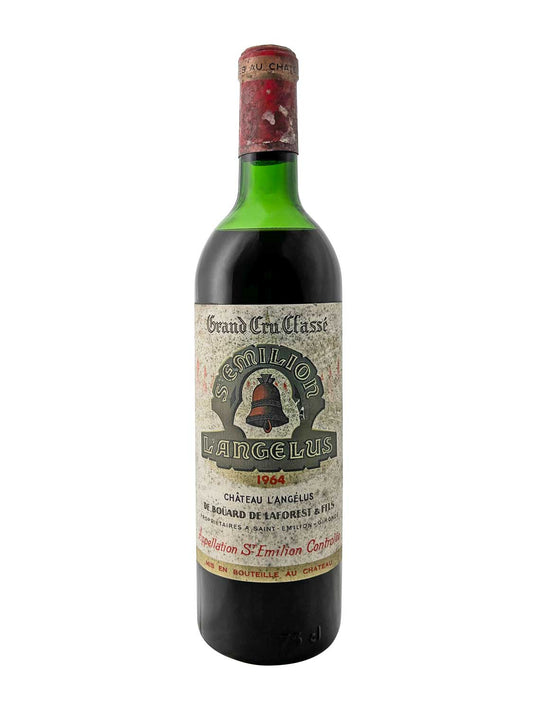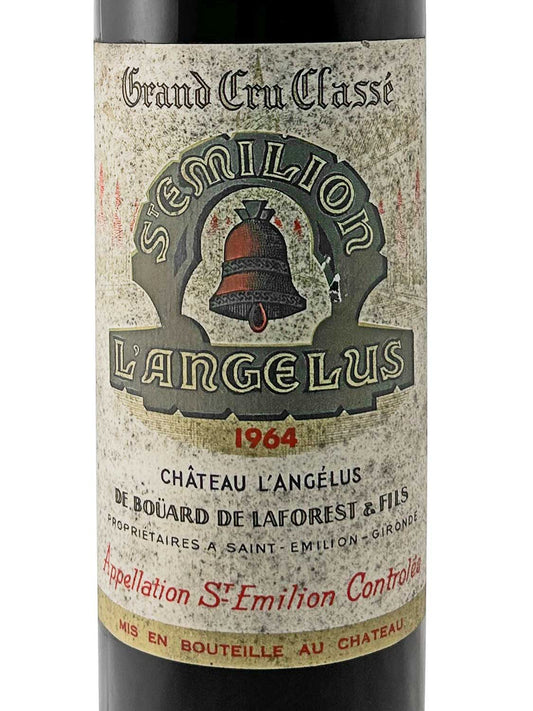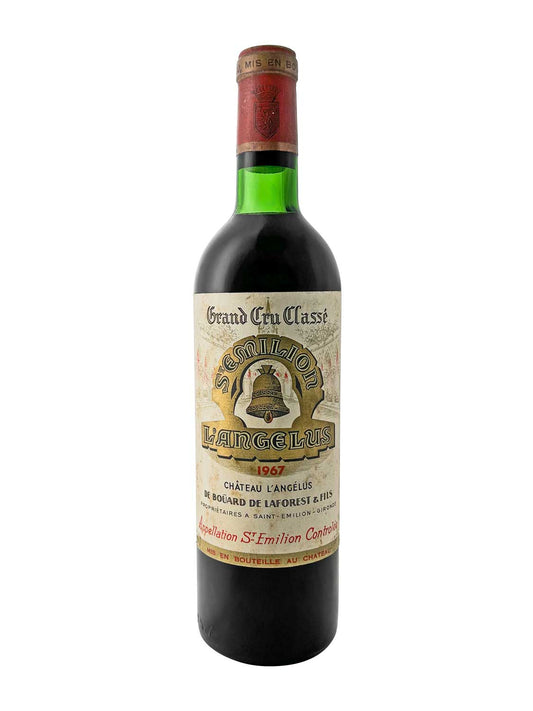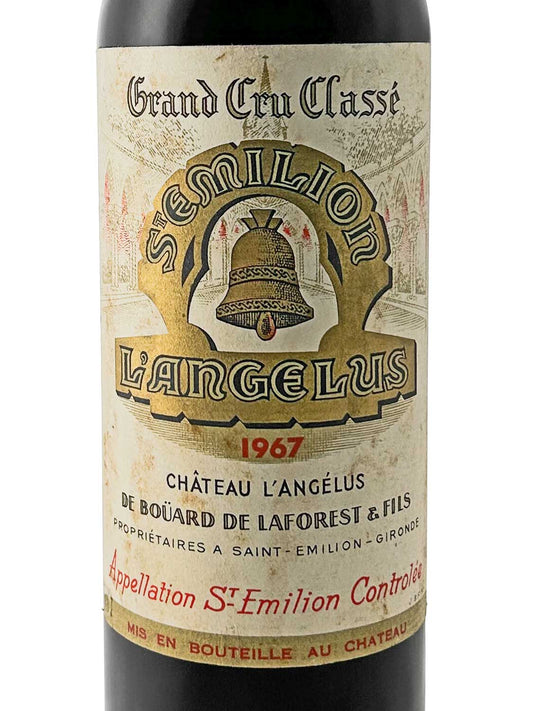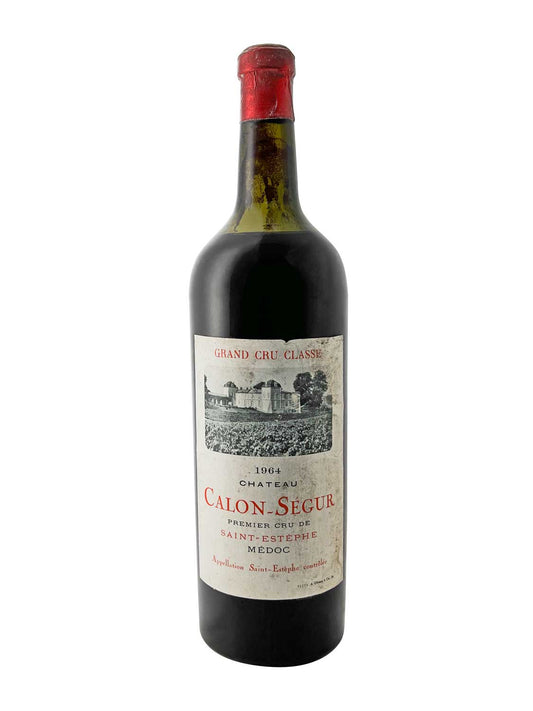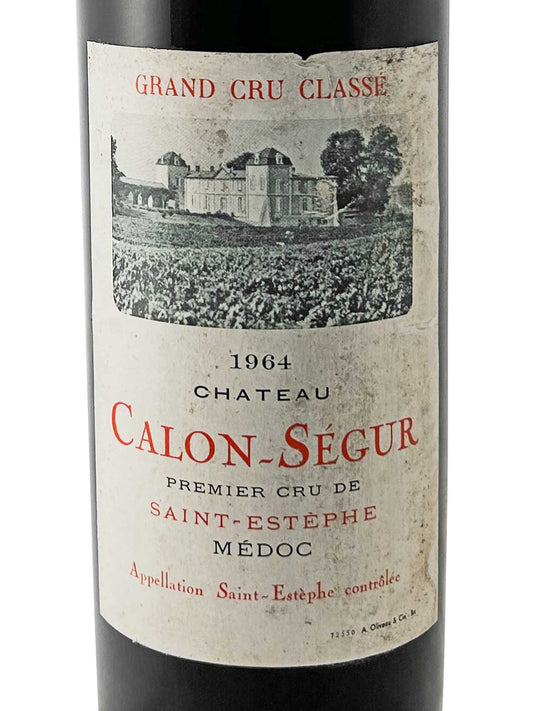
wine from the supermarket
Why supermarket wine is not the right choice for a wine collection
Wine is a fascinating subject that inspires many people. Whether as a luxury item, for special occasions or as an investment - the world of wine offers space for a variety of intentions. While experienced wine collectors focus on exclusive wineries and specialized dealers, some others often reach for the wines in the supermarket. But does it really make sense to collect these wines? In this blog post, we will look at the reasons why wines from the supermarket are not the best choice for collectors.
1. Lack of quality and consistency
One of the main reasons supermarket wines are not ideal for collecting is the question of quality. Many of the wines on offer come from large producers who primarily rely on mass production. This often leads to a standardization of taste and lower quality compared to artisanally produced wines.
Mass production : Most supermarket wines are produced in large quantities, meaning they are often vinified with less care. The focus is often on producing a uniform flavour profile to appeal to a wide range of buyers.
Vintage variations : For high-quality wines, the vintage plays a decisive role. In the supermarket, however, many wines are not vintage-specific or come from different vintages without clear labeling. This makes it difficult to trace the development of a particular wine over the years.

2. Lack of storage capacity
Another important aspect of collecting wine is its shelf life. High-quality wines can age and gain complexity over years or even decades. Many supermarket wines, on the other hand, are designed to be consumed quickly.
Early consumption : Most wines available in supermarkets are designed to be consumed within one to two years of purchase and often lack sufficient structure or tannins to survive long-term storage.
Inadequate storage conditions : Even if you buy a wine that could theoretically be stored, supermarkets generally do not offer optimal conditions for storing wine. Temperature fluctuations and light can affect the quality of the wine.
3. Limited choice and variety
While the selection of wines in a supermarket may seem impressive, it is often limited and not representative of the full range of wines available.
Brand focus : Many supermarkets mainly stock well-known brands or mass-produced products, while smaller producers and lesser-known regions are often ignored. This limits the opportunity to discover truly unique and interesting wines.
Regional restrictions : While some supermarkets can offer a good selection of international wines, regional specialties or special bottlings from small wineries are often lacking.
4. Lack of history and origin
A big part of the appeal of collecting wine is the story behind each bottle - be it the region, the winemaker or the specific growing techniques. Many supermarket wines lack this personal touch.
Anonymity : Often, supermarket wine producers are anonymous or little known. The lack of a story makes it more difficult to build an emotional connection with the wine bottles.
Little information : The labels of many supermarket wines provide limited information about the wine itself – such as terroir or special farming methods – making it difficult to understand and appreciate the product.

5. Value for money
Although many people believe they can save money by purchasing wine from the supermarket, this is not always the case – especially considering that wine collectors are often willing to pay for quality.
Investment potential : High-quality wines from prestigious regions can increase in value significantly over time. In contrast, many supermarket wines lose value quickly and are rarely a worthwhile investment.
Misunderstood investment : If you try to build a wine collection with cheap wine bottles from the supermarket, you could end up losing money. Because mass-produced products rarely have collector value.
6. Lack of community and exchange
Collecting wine is often also linked to a community - be it through wine clubs or events such as tours and fairs. These social aspects are often missing from collectors of supermarket wines.
Few opportunities for exchange : Since many wine collectors prefer high-quality wines, there are fewer opportunities to exchange experiences with certain bottles from the supermarket.
Low enthusiasm : Passion for wine is often fueled by sharing stories about special finds or exceptional vintages – something that is harder to do with standard supermarket wine.
Conclusion
In summary, while it can be fun to find a good wine in the supermarket and enjoy it, these wines are not ideal for serious wine collectors. The shortcomings in terms of quality, shelf life, as well as the lack of a story make them less attractive to those who want to get serious about wine.
If you are really interested in building a wine collection and delving into the fascinating world of wine, you should focus on specialized retailers or buy directly from winemakers. This way you can ensure that every bottle of wine is not just a drink - but also a piece of history and culture in your wine cellar!

